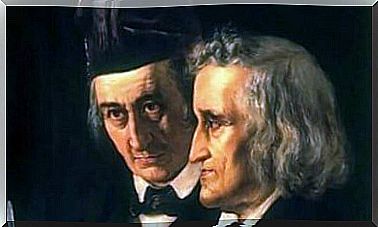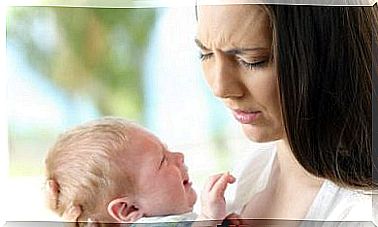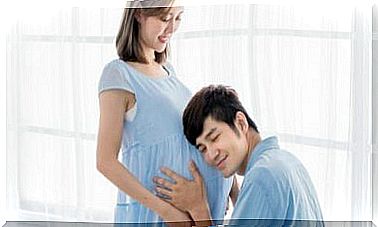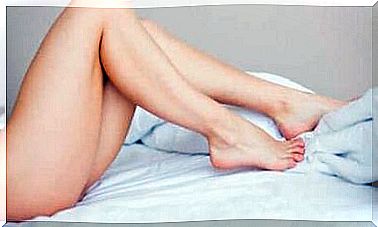Postpartum Headaches: All You Need To Know – Parenthood
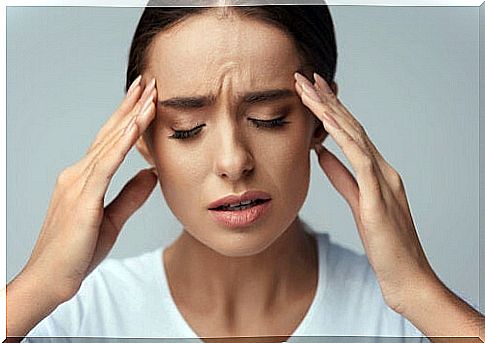
One of the biggest discomforts at this stage is postpartum headaches. Symptoms can vary in intensity and in some cases become so severe that they interfere with daily life.
There are many causes that can trigger pain. In the following lines, we have summarized the most important. Some of them are a natural consequence of childbirth or anesthesia and others as part of certain diseases.
What are the causes of postpartum headaches?
Here are some of the most common triggers for this symptom, which in some cases can affect other people as well.
Tension headache

Tension headache is one of the most common conditions in the general population. For this reason, they can be felt during the immediate postpartum period (that is, during the first 24 hours after childbirth). It is a logical understanding of the causes of this condition.
According to a publication from the National Library of Medicine of the United States, this pain is a consequence of the persistent contraction of the muscles of the neck.
Although not all mothers have this condition, stress, temperature changes, and being in awkward positions are factors that could promote the onset of this clinical picture.
Migraine
It is common to confuse the term migraine with any other type of headache. The truth is, it is a chronic disease and different from a tension headache. It is characterized by intense and lasting pain (even more than 24 hours) and is sometimes associated with sensory disturbances called auras . It is a condition that usually occurs even in the teenage years.
According to a Mayo Clinic publication , there are many triggers for a migraine attack. The most common are sleep problems, stress, and exposure to certain medications.
In rare cases, a phenomenon known as migralepsy may occur. As discussed in this clinical case report, affected patients often present with seizures associated with pain. This usually motivates admission to the hospital to determine the causes of the disease.
High blood pressure, one of the causes of headaches after childbirth
Does the term preeclampsia sound familiar to you? Indeed, it is one of the most common complications of pregnancy. It is characterized by a dangerous and persistent increase in blood pressure, causing various symptoms such as swelling of the lower extremities, production of foamy urine and headaches.
According to scientific evidence, most cases occur after the first 48 hours after childbirth. Some of the patients may have suffered from preeclampsia during the pregnancy, although others may start after the baby is born. A condition known as postpartum preeclampsia .
In addition, preeclampsia usually requires hospitalization. Because, despite the resolution of the pregnancy, it can still cause problems in the mother’s body. One example is strokes, although they are usually rare.
Postpartum depression
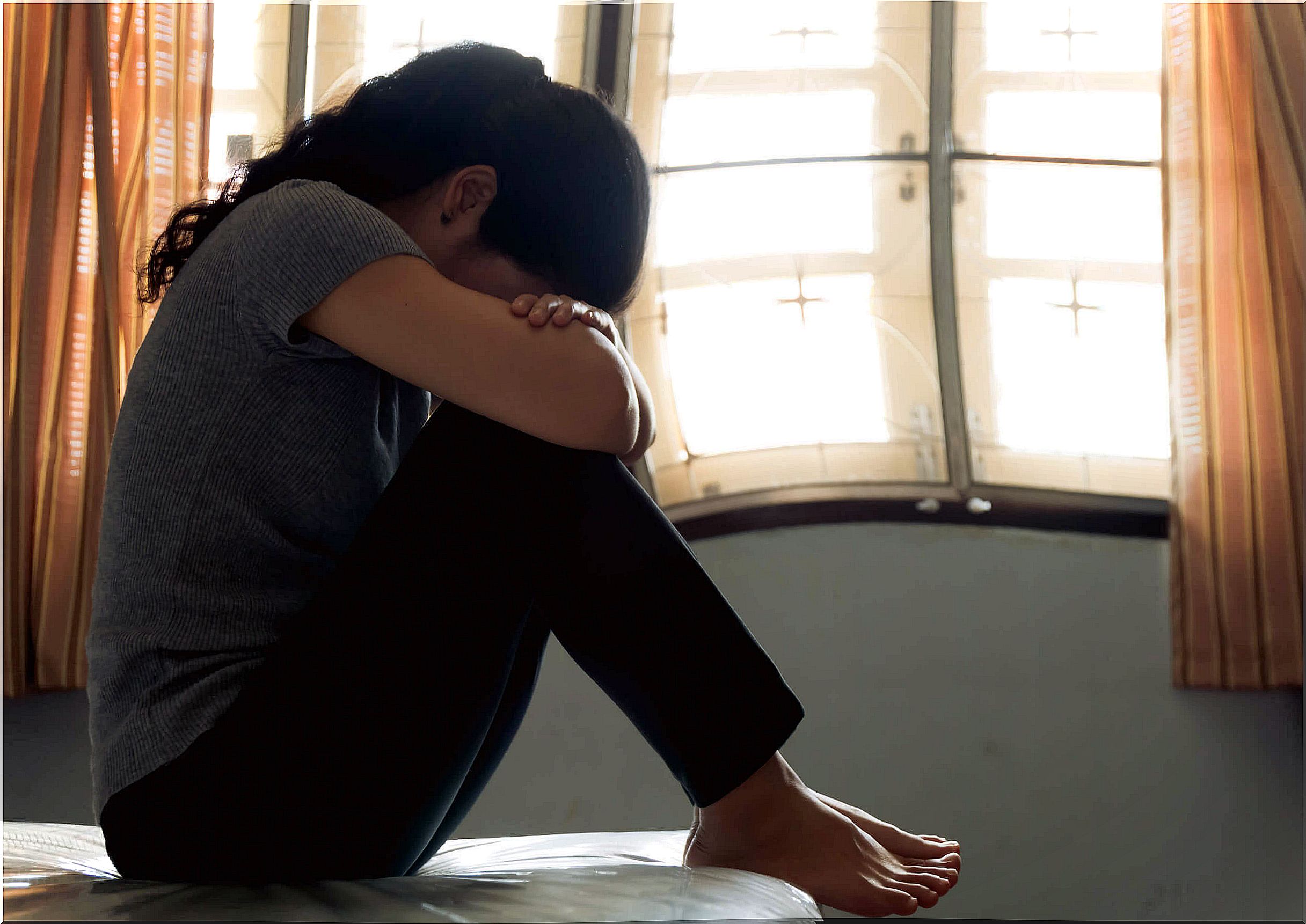
Postpartum depression is a condition that can become disabling for some women. Although its main symptoms are associated with a feeling of deep sadness, somatic or physical symptoms can also occur.
For example, headaches are one of the rare symptoms of this disease. The pain can also cover other areas of the body like the back, which can contribute to the general state of listlessness that characterizes this type of depression. The other most notable symptoms are fatigue, sleep disturbances, loss of appetite, and ultimately suicidal urges.
Adverse effect of anesthesia during labor
Mothers who require or request the use of epidural anesthesia during labor are often told about the possible complications of this procedure. One of them is severe headaches in the postpartum period. This also occurs in patients requiring a diagnostic lumbar puncture .
On the other hand, post-puncture headaches usually appear within the first 5 days after the baby is born. Affected patients usually experience some improvement when lying down, while just walking can be quite uncomfortable.
Postpartum headaches don’t go unnoticed
Although it is common to face headaches throughout life, it can become a real nuisance after childbirth. Not only because of the fact that at this time it is necessary to direct all attention to the new family member, but also because the symptoms of the above-mentioned conditions are usually quite intense.
Fortunately, there are a large number of pain relievers that can provide clinical improvement. Although most medications usually don’t cause problems while breastfeeding, it is still important to have a medical evaluation beforehand.



